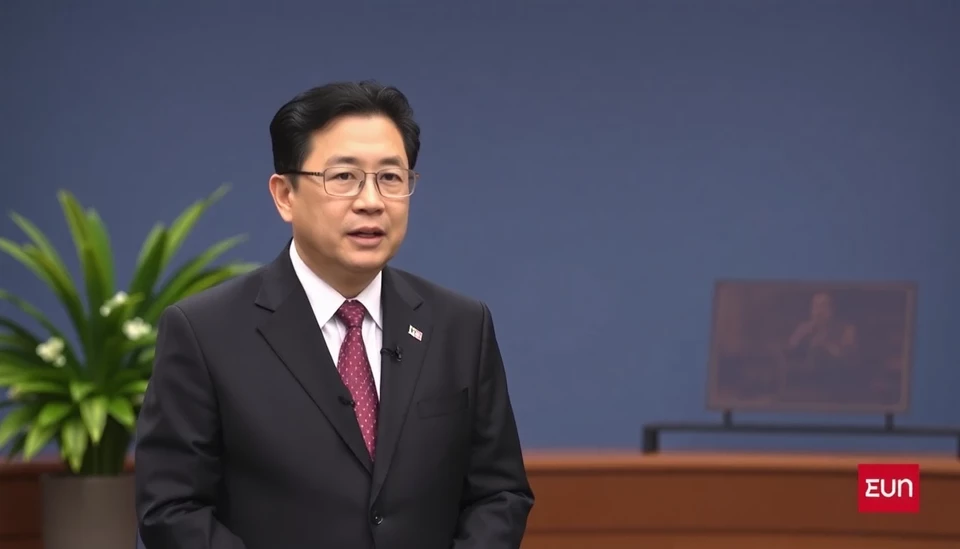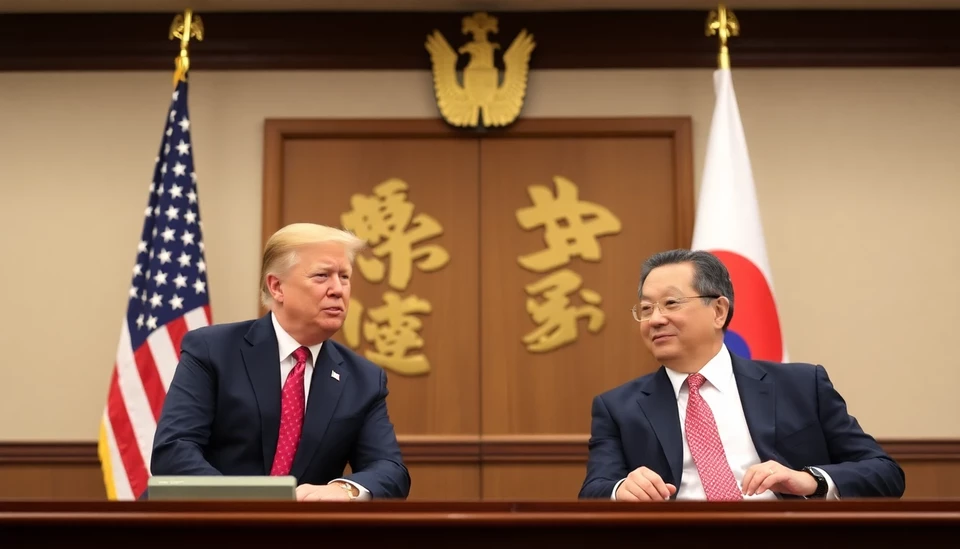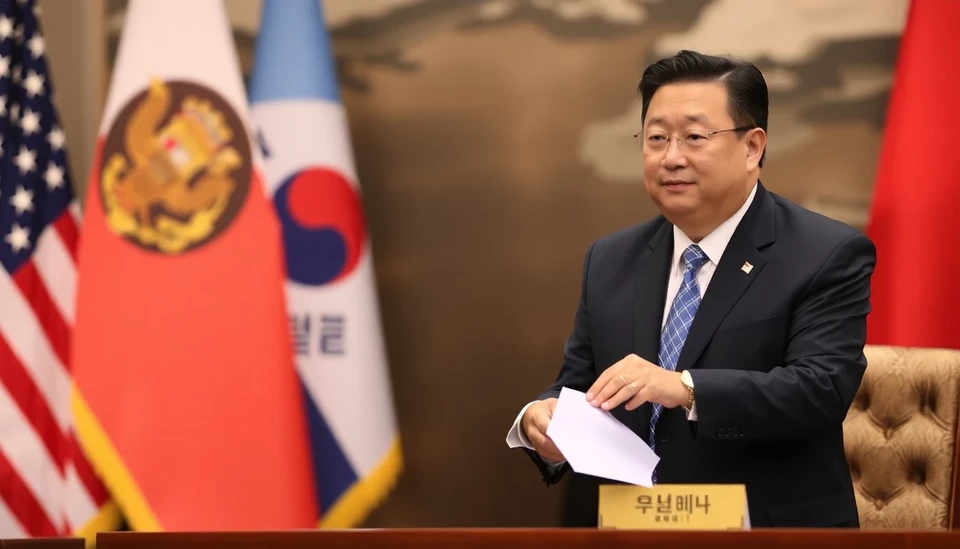
In a pointed analysis, former South Korean Trade Minister Yoo Myung-hee has expressed profound concerns over President Yoon Suk-yeol’s recent diplomatic decisions, labeling them as a "grave mistake." This revelation has ignited heated discussions in political circles and among the public about the current administration's trade and international relations strategies.
The remarks came during a public forum held in Seoul, where Yoo, who previously represented South Korea in trade negotiations, scrutinized Yoon's approach towards critical economic partnerships, particularly in light of growing global trade tensions. Yoo referenced the administration's strategies as potentially detrimental to South Korea's long-term economic development and international standing.
Yoo's contention centers around Yoon’s dealings with major trading partners, especially highlighting the complexities introduced by recent geopolitical shifts. The former minister emphasized that missteps in diplomatic negotiations, particularly with nations like China and the United States, could have serious ramifications for South Korea's economic stability. The concern is that an imbalance in trade relations could lead to adverse effects on the country's market and industries, ultimately impacting the everyday lives of South Korean citizens.
Moreover, Yoo underscored the importance of maintaining a balanced approach when engaging with both Western allies and neighboring countries. She argued that a unilateral focus on certain relationships could alienate potential partners and jeopardize vital trade agreements that have been hard-earned over the years.
This sharp criticism comes against the backdrop of ongoing discussions among lawmakers and economic analysts regarding the future of South Korea's trade policy. As the country grapples with inflation concerns, supply chain disruptions, and the need for innovation within its industries, the government's direction under President Yoon is drawing scrutiny from multiple fronts.
Public reactions to Yoo’s statements have been mixed, with some supporting her call for a reevaluation of the current trade policies, while others defend Yoon's approach as a necessary part of navigating a complex international landscape. The debate underscores the critical nature of maintaining robust and resilient economic partnerships in an increasingly interdependent world.
As the political climate evolves, it remains to be seen how the Yoon administration will respond to this critique and whether any changes will be made to its existing trade policies. The government faces the pressing need to reassure stakeholders in both the domestic and international arenas that it is equipped to handle the intricate challenges posed by global economic dynamics.
In the coming weeks, observers will be keenly watching for any official statements from the administration, as well as further commentary from other former officials and industry experts, to gauge the potential fallout from Yoo's assertions. As South Korea stands at a crossroads in its trade relationships, the choices made today will undoubtedly resonate in the economic corridors of power for years to come.
#SouthKorea #TradePolicy #YoonSukYeol #Diplomacy #EconomicRelations #YooMyungHee #InternationalTrade #GlobalMarket #Politics #Economy
Author: Daniel Foster




